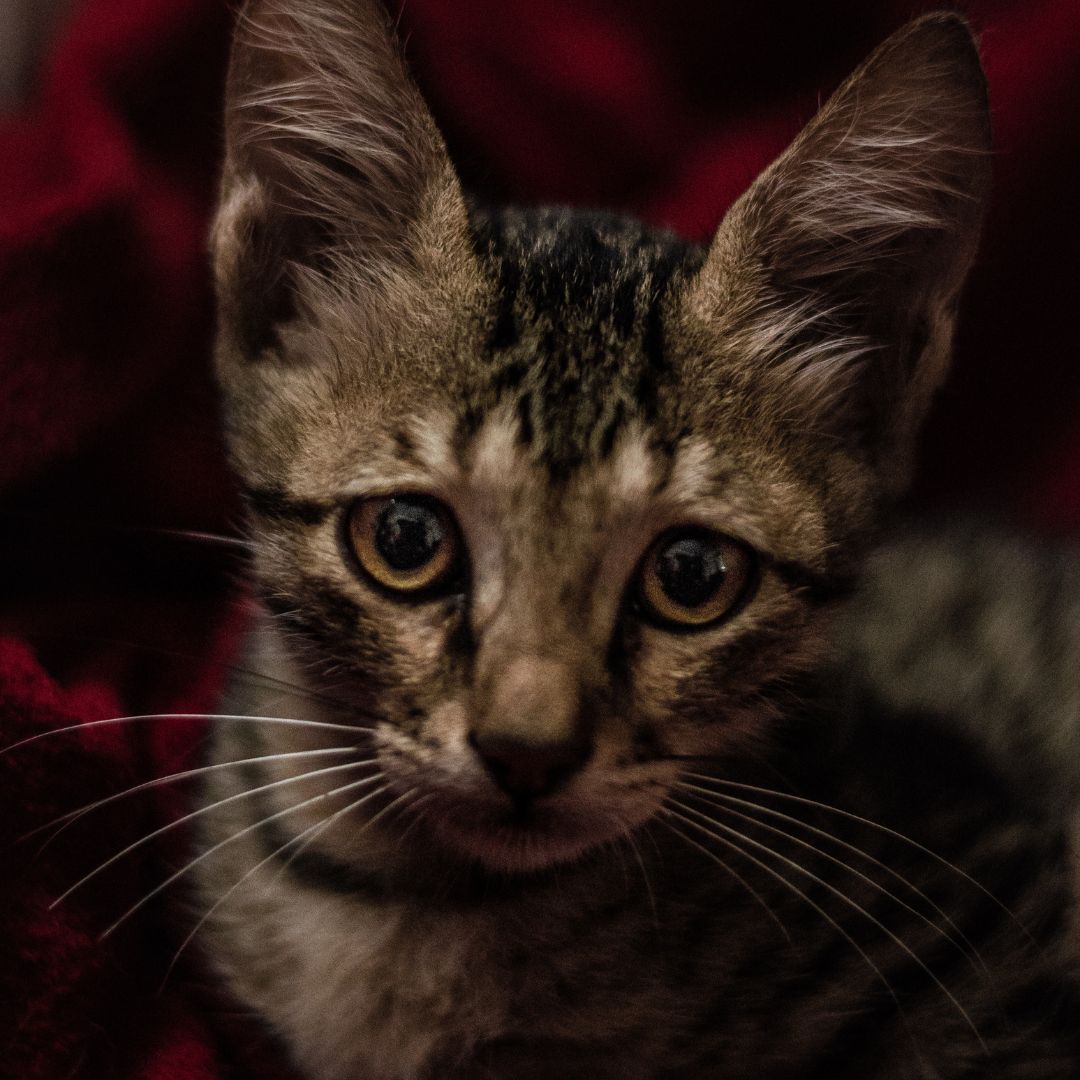
Why Does My Cat Cry When I Leave? Possible Causes & Solutions
Share
Introduction
If you've ever experienced the heart-wrenching sound of your cat's cries as you leave the house, you're not alone. Many cat owners have pondered the same question: why does my cat cry when I leave? This behavior can be distressing for both feline and human companions, but understanding the reasons behind it can help alleviate concerns and find solutions. In this blog, we'll delve into the potential causes of your cat's tears and explore practical solutions to ease their separation anxiety.
Understanding Cat Behavior:
Cats are known for their independent and aloof nature, but they are also creatures of habit and can form strong attachments to their human caregivers. When you leave, your cat may experience a range of emotions, from mild discomfort to anxiety. Understanding the reasons behind your cat's cries can pave the way for finding effective solutions.
Separation Anxiety:
Just like dogs, cats can experience separation anxiety when their owners leave. Cats are territorial animals and may feel vulnerable when their safe space is disrupted. When you leave, your cat might fear abandonment and express this anxiety through vocalizations. Signs of separation anxiety include excessive meowing, pacing, or destructive behavior.
Solution: Gradual Departures
To address separation anxiety, consider implementing a strategy of gradual departures. Begin by leaving for short intervals and progressively extend the duration over time. Prior to your departure, offer treats or provide engaging toys to create positive associations with your leaving routine. Additionally, ensure your cat's environment is comfortable and secure by including familiar objects that carry a sense of reassurance.
Attention-Seeking Behavior:
Cats, known for their adeptness at seeking attention, may vocalize their discontent when feeling neglected. If your feline friend is accustomed to being the center of your focus, they might express their displeasure when you redirect your attention elsewhere.
Solution: Enrichment Activities
To counter attention-seeking behavior, involve your cat in interactive play sessions before you leave. Introduce puzzle feeders or strategically hide treats around the house to stimulate their mental faculties. By associating your departure with enjoyable activities, you can decrease the likelihood of excessive crying. This approach redirects their focus positively, providing mental stimulation and reducing the need for attention-seeking behaviors.
Conclusion:
In conclusion, observing your cat cry when you depart can be emotionally challenging. However, by comprehending the root causes and applying practical solutions, you have the potential to enhance your connection with your feline companion and contribute to their overall happiness. Patience and attentiveness to your cat's requirements are key, and with consistent effort, you can mitigate their separation anxiety, fostering a more harmonious relationship. It's crucial to keep in mind that each cat is distinct, so adapting your approach to accommodate their unique personality and preferences is essential for a successful resolution.
